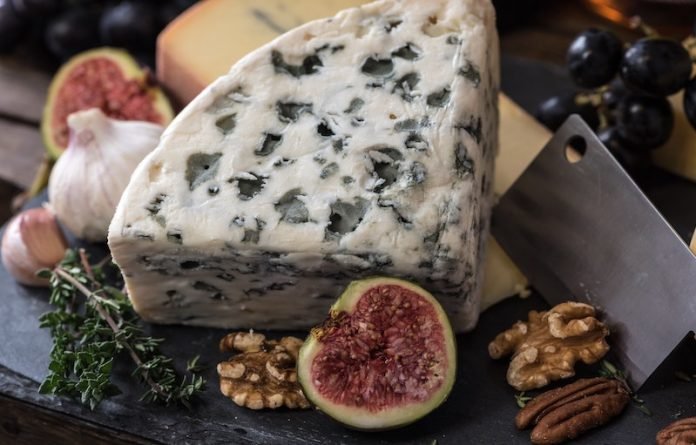
Scientists from the University of Oxford and elsewhere found that dairy products are linked to increased cancer risk.
Dairy products or milk products are food products made from milk. The most common dairy animals are a cow, water buffalo, nanny goat, and ewe.
Dairy products include common grocery store food items in the Western world such as yogurt, cheese, and butter.
Dairy foods provide many nutrients including calcium, phosphorus, vitamin A, vitamin D (in products fortified with vitamin D), riboflavin, vitamin B12, protein, potassium, zinc, choline, magnesium, and selenium.
But milk and other dairy products are the top sources of saturated fat in the American diet, contributing to heart disease, type 2 diabetes, and Alzheimer’s disease.
Previous studies have reported inconsistent findings about how dairy food intake affects certain cancer risks, including a positive association with prostate cancer and inverse associations with colorectal and breast cancers.
In the current study, scientists aimed to examine the association between cancer risk and dairy food consumption in the Chinese population.
They examined data from half a million adults in ten diverse (five urban, five rural) areas across China during 2004-2008.
Their consumption of major food groups, including dairy products, was assessed using a food questionnaire.
The team found during a follow-up of 11 years; 29,277 cancer cases were recorded among the 510,146 participants who were free of cancer at the beginning.
Overall, 20.4% of participants reported consuming dairy products (mainly milk) regularly, with an estimated consumption of 80.8 g/day among regular consumers and 37.9 g/day among all people.
The researchers found a strong link between dairy intake and general cancer risks and risks of certain site-specific cancers, such as liver, breast, and lymphoma.
Lymphoma is a broad term for cancer that begins in cells of the lymph system.
However, the association with lymphoma was not significant after further analysis. No associations were found between dairy intake and colorectal cancer or other types of cancer.
The team concluded that in Chinese adults with lower dairy consumption than Western people, higher dairy intake was linked to higher risks of liver cancer, breast cancer, and, possibly, lymphoma.
The research was published in BMC Medicine and was conducted by Maria G. Kakkoura et al.
If you care about cancer, please read studies about vitamin D levels linked to your future health risks and death, and drugs for inflammation may stop the spread of cancer.
For more information about cancer, please see recent studies about drug combo that may stop the spread of cancer, and results showing this drug could cut cancer death by 20%.



